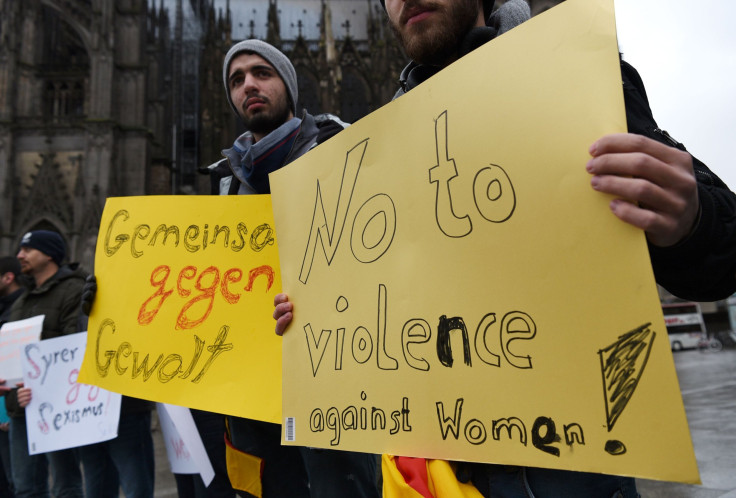Cologne Sexual Attacks Offenders May Never Be Caught, City Police Chief Says: Report

A majority of the people who sexually assaulted women in the western German city of Cologne on New Year’s Eve may never be caught, Juergen Mathies, the city police chief, told BBC Wednesday. Refugees are believed to have been involved in the attack that triggered protests across the country, putting spotlight on asylum-seekers.
"The CCTV footage is not good enough to clearly identify sexual assaults. We can see some thefts but that's all. We are relying on witness accounts and victims identifying their attackers," Mathies told BBC.
On New Year’s Eve, about 1,000 young men circled women in Cologne, groping, and in one reported case, raping women. The sexual assaults, which local media say, were carried out by asylum-seekers, set off anger and criticism for Chancellor Angela Merkel’s welcoming stance toward refugees.
So far, the German police have identified 75 suspects in the assault case and most of them are said to be North Africans who crossed over illegally to Germany or sought asylum there. Thirteen men have been arrested for theft, of whom two Moroccans and a Tunisian are scheduled to go on trial. Only a 26-year-old Algerian refugee is under police custody on suspicion of sexual assault.
Following the Cologne attacks, a group of about 20 people targeted six Pakistanis and a Syrian last month in the city. The attackers were members of rocker and hooligan gangs who fixed a meeting through Facebook to start a "manhunt" of foreigners in the area.
Asylum-seekers in Europe have also come under increased scrutiny after the November 2015 Paris attacks, which killed 130 people. Some countries have imposed stricter border controls to manage the influx of refugees.
© Copyright IBTimes 2024. All rights reserved.












